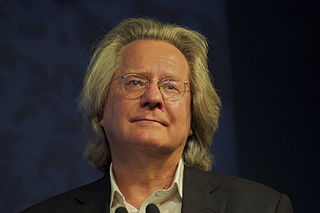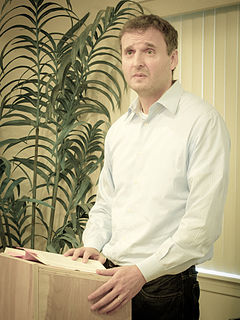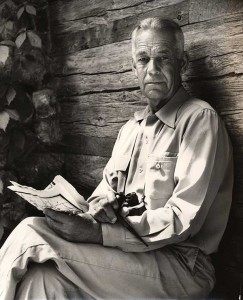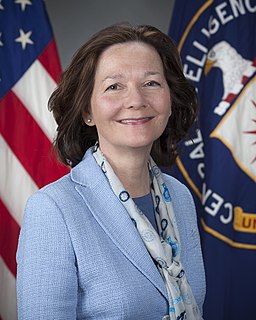A Quote by Stuart J. Russell
Everything we have of value as human beings - as a civilization - is the result of our intelligence.
Quote Topics
Related Quotes
The Seascapes are before human beings and after human beings. The Seascapes were there before our presence, and when our civilization is over, seascapes will still exist. Our presence is temporary. Civilization is only 5,000 to 6,000 years. The history of ours, the material history of consciousness, is rather short.
Civilization is to groups what intelligence is to individuals. It is a means of combining the intelligence of many to achieve ongoing group adaptation.
Civilization, like intelligence, may serve well, serve adequately, or fail to serve its adaptive function. When civilization fails to serve, it must disintegrate unless it is acted upon by unifying internal or external forces.
Human beings have a variety of intelligences, such as cognitive intelligence, emotional intelligence, musical intelligence, kinesthetic intelligence, and so on. Most people excel in one or two of those, but do poorly in the others. This is not necessarily or even usually a bad thing; part of Integral wisdom is finding where one excels and thus where one can best offer the world one's deepest gifts.
We human beings are social beings. We come into the world as the result of others’ actions. We survive here in dependence on others. Whether we like it or not, there is hardly a moment of our lives when we do not benefit from others’ activities. For this reason, it is hardly surprising that most of our happiness arises in the context of our relationships with others.
America became a great civilization thanks to a culture based on the value of having to earn almost everything an American got in life. As it abandons this value, it will become a mediocre civilization. And eventually it will not be America. It will be a large Sweden, and just as influential as the smaller one.



































